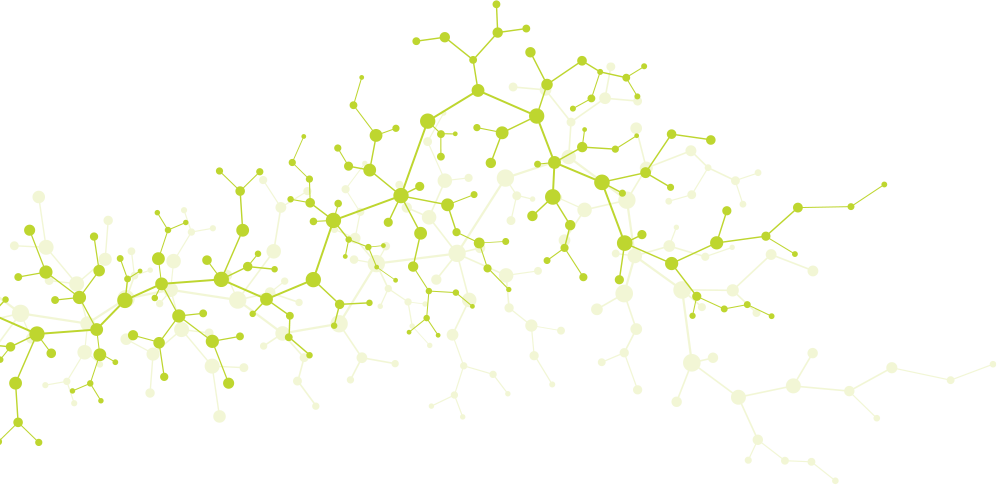It’s important to find the cause of dizziness and vertigo

Vertigo can seemingly come out of nowhere and feel life-threatening, making it scary to drive or walk down the stairs. The bad news is there are many causes of dizziness and it can take some sleuthing to figure out which one is affecting you. The good news is functional neurology can help you identify what kind of vertigo you have and help you quickly rehabilitate it.
For instance, benign paroxysmal positional vertigo (BPPV) is one of the most common causes of dizzy spells and is easy to treat. By defining each word in this complex sounding condition, we can see it is not as grave as it sounds:
- Benign: Not life-threatening.
- Paroxymal: Comes on suddenly and is brief.
- Positional: Usually happens in response to a head position or movement.
- Vertigo: Dizziness, or a sense of things spinning either inside or outside your head.
BPPV occurs when small crystals in the inner ear become dislodged and travel to areas in the ear canals where they don’t belong. In most cases the Epley maneuver or another similar maneuver can move the crystal back to where it belongs.
Sometimes vertigo can be caused when the individual eye muscles do not work together because one or more of them is weak. This weakness causes the eyes to move abnormally. This abnormal movement sends incorrect visual information to the brain and vestibular system, an area of the inner ear vital for balance. This can cause dizziness and light-headedness.
Although a person usually doesn’t notice this eye muscle weakness, in functional neurology we can spot it during a neurological exam and provide exercises that target areas needing rehabilitation.
The vestibular system plays an important role in balance and the prevention of vertigo. However, it is a fragile system and vestibular dysfunction is more common than people realize. For instance, if you’ve had a mild concussion, whiplash from a car accident, falls or hits from sports, or other impacts to the head or body, you may have damaged your vestibular system.
Inflammation or infection can also affect the vestibular system and provoke vertigo.
The cerebellum, an area at the base of the brain, works with the vestibular system in balance and the prevention of vertigo. If the cerebellum is damaged from a brain injury, stroke, or an autoimmune disease (a disorder in which the immune system attacks and destroys tissue), this can cause dizziness.
Other symptoms of compromised cerebellum function may include poor balance, being unsteady on your feet, poor coordination, and anxiety (because the unsteadiness is a perceived as a constant stressor).
Other brain-related causes of dizziness can include an imbalance between the hemispheres of the brain or neck issues that hinder proper communication between the body and brain — always take whiplash seriously, it could impact your brain health.
If you are having dizzy spells, it’s important to identify the source of your vertigo because it will determine the best course of treatment. You need to know whether your vertigo stems from the vestibular system or the brain because each is rehabilitated differently.
Make note of other symptoms (below) you have in addition to vertigo; they can help your functional neurology doctor customize the right treatment for the cause of your dizziness.
Symptoms and signs often associated with vertigo, dizziness, and imbalance include:
- Feel easily overwhelmed in areas with a lot of sensory input (grocery store, walking through a parking lot, movie theater, etc.).
- One eye is higher than the other
- Migraines
- Hearing loss
- Disturbances with your vision
- Feeling disconnected from your body; confusion
- Depression
- Anxiety
